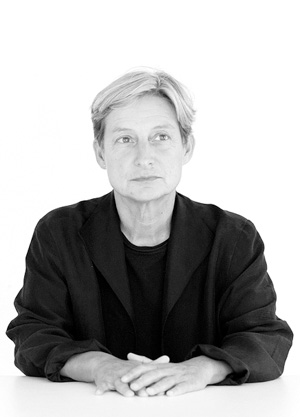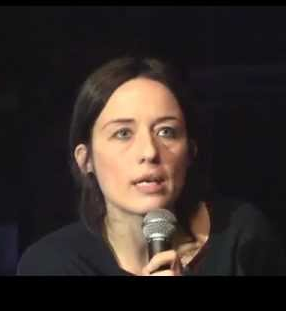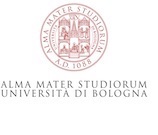THE HUMAN AND THE APPEARANCE:
|
 |
In Notes towards a Performative Theory of Assembly (2015), Judith Butler rises crucial questions concerning the relationship between the manifold struggles against precarity that have crossed the globe in the last decade, and the possibility of practicing democracy outside the boundaries of the nation-State. In this problematic frame, her theory of gender performativity becomes the pattern of a wider theory of assembly: as gender performance reformulates the conditions of “appearance,” so those who are not recognized as subjects according to a specific normative conception of the human become reciprocally recognizable in the very moment they come together and appear on the public sphere. Butler’s notes will be discussed by focusing on the role of humanities in dissident cultural formations, on the possibility of conceiving utopia as a method and vision through which sovereignty, social movements and global citizenship could be redefined, and by questioning the limits and possibilities both of the theory of gender performativity and of a politics of appearance in front of the contemporary neoliberal transformations of society and the State.
|
Judith Butler holds the Hannah Arendt Chair at The European Graduate School / EGS and is the Maxine Elliot Professor in the Department of Comparative Literature and the Program of Critical Theory at the University of California, Berkeley. She is a philosopher and one of the most challenging thinkers of our time. She rose to prominence in 1990 with Gender Trouble, which caused an unexpected stir as it unearthed foundational assumptions both in philosophy and in feminist theory, namely the facticity of sex. Controversial debate on the subject(s) extended far beyond academia to which Butler responded, in part, in Bodies that Matter (1993). Butler’s academic rigor is pursued through innovative and critical readings of a wide range of texts in philosophy, psychoanalysis and literature, challenging the confines of disciplinary thinking. Within, and beyond that, Judith Butler is also known for her critical voice in socio-political discourse and debate. Her qualities as a thinker are reflected in her openness to what is at stake in the present and in her passionate engagement in conversations with contemporaries in and outside academia |
 |
|
Rita Monticelli teaches English studies, gender and cultural studies, history and theories of culture. Her research interests include memory and trauma studies, utopia and dystopia. She is currently working on cultural memory and trauma in contemporary dystopian fiction and visual culture (with specific reference to tv series). She is member of European international projects, PhD, M.A (EDGES, GRACE, GEMMA) - including research and teachings - centered on gender studies. She is the director of the Centre for Utopian Studies |
 |
|
Paola Rudan is Assistant Professor at the Department of History, Culture, and Civilization at the University of Bologna. Her interest focuses in XVII-XIX century European Political Thought and its transatlantic circulation, particularly related to the Eighteenth-Century Revolutions in America and France and to the South American war of Independence and constitutional processes. The main topics of her researches are the theoretical and political relationship among social transformations and political constitutions, the conception of rights and their disciplinary function, the political and constitutional conception of the Empire and colonialism. Her research activity also concerns contemporary political theory the history of women’s political thought, the role played by the movements of migrations within contemporary transformations of labour and gendered relationships on a global scale, the problem of power in gender and feminist studies. She is currently working on a political history of the «the concept of woman» |
 |



